News
-
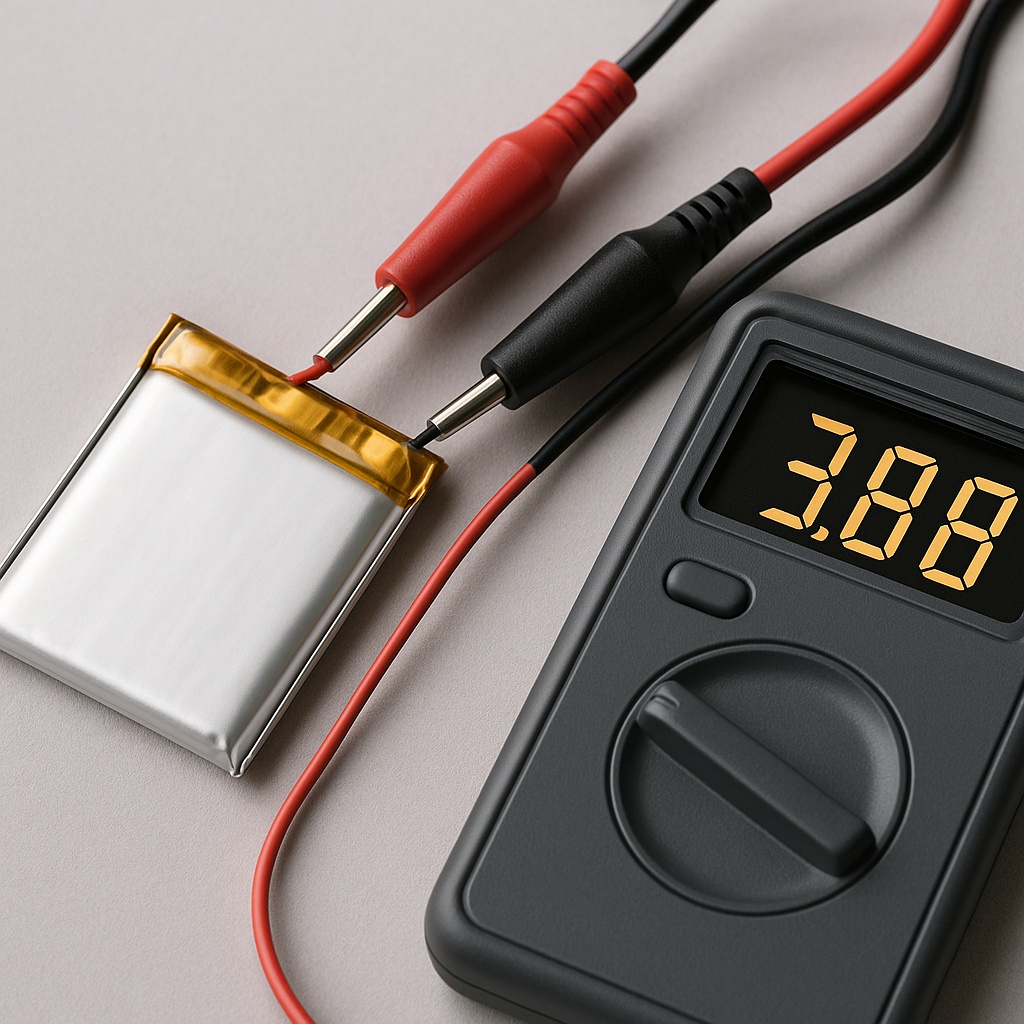
What You Need to Know About Lithium Polymer Battery Voltage?
Lithium polymer (LiPo) batteries are widely used in drones, RC vehicles, medical equipment, and portable electronics due to their lightweight design and high energy density. Understanding their voltage characteristics is essential for safety, performance, and lifespan optimization. This guide co...Read more -
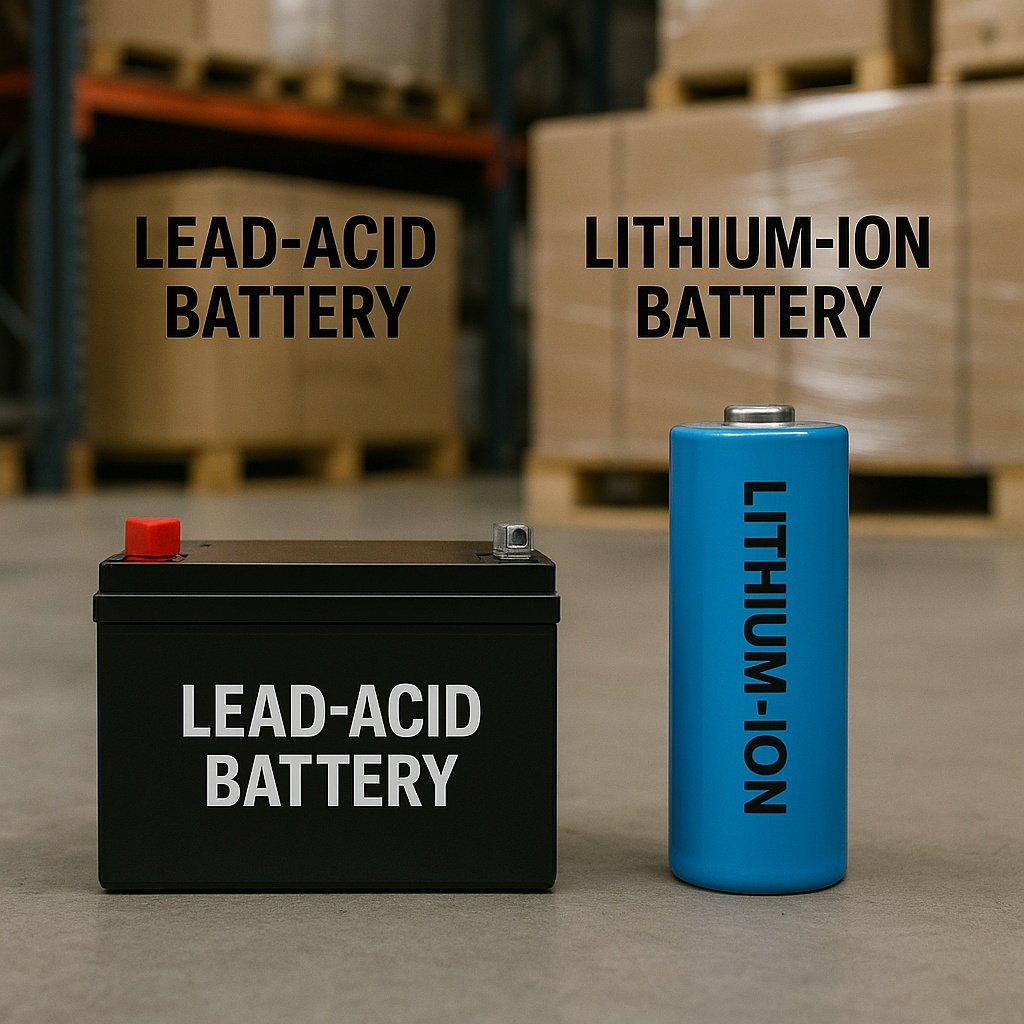
Lead Acid Battery vs Lithium-ion – Which Is Better for Your Application
Intro: Why Battery Chemistry Matters for Performance and Longevity Choosing between lead-acid and lithium-ion batteries is a crucial decision for applications ranging from backup power and solar storage to electric vehicles and industrial equipment. While lead-acid batteries have been used for ov...Read more -

Why Choose Rack Mount Battery Backup Power?
Introduction As energy reliability becomes a growing concern across homes and businesses, more users are turning to lithium battery backup systems for protection. Among the various options available, the rack mount battery stands out for its modular design, space-saving structure, and flexible d...Read more -

How to Store Lithium-Ion Batteries
Introduction Lithium-ion batteries are widely used in everything from smartphones and power tools to electric vehicles and solar systems. However, improper storage can shorten their lifespan, reduce performance, or even cause safety hazards. Whether you’re storing spare batteries or putting a dev...Read more -
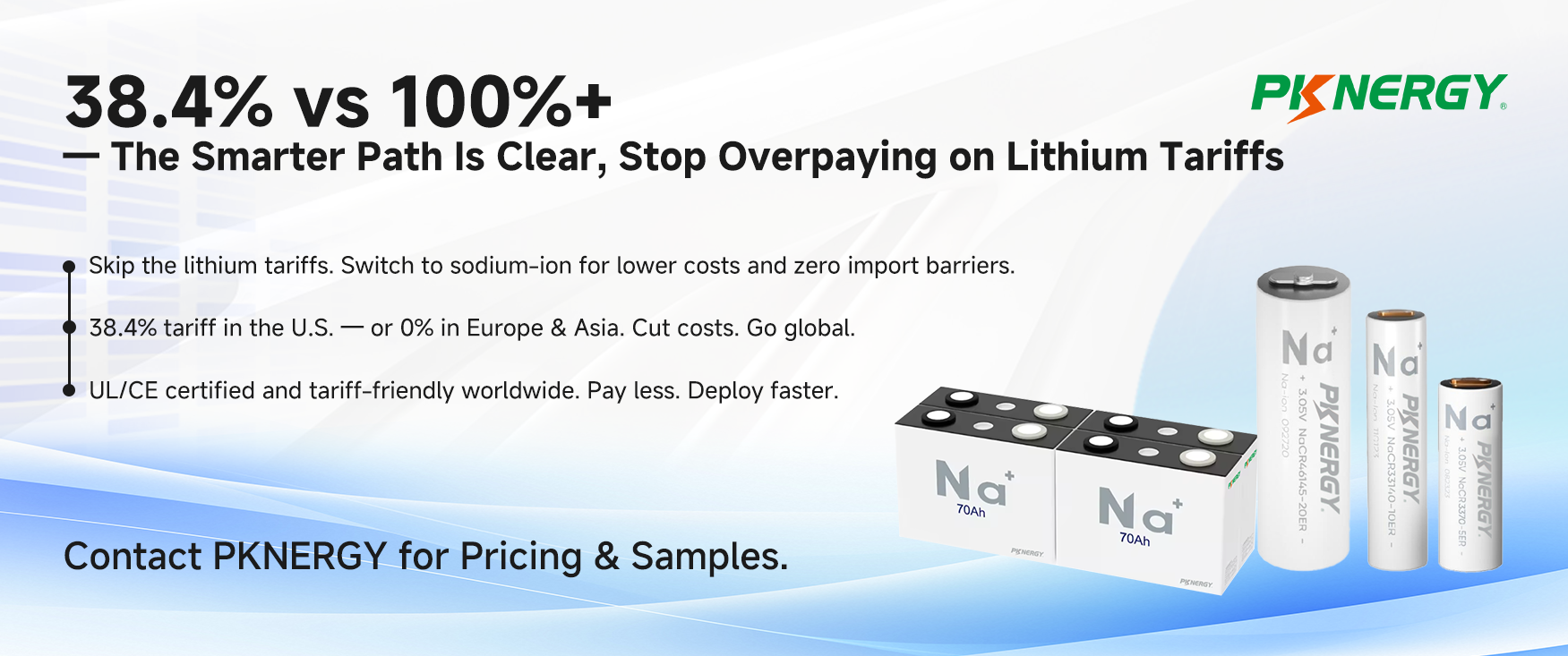
Sodium-ion vs Lithium-ion Tariffs: A Smarter Export Strategy
Why Sodium-ion is a Smart Export Move As global demand for energy storage accelerates, manufacturers face a critical choice: continue paying soaring tariffs on lithium-ion batteries—or explore a smarter, more cost-effective export path with sodium-ion batteries. While lithium-ion batteries are i...Read more -
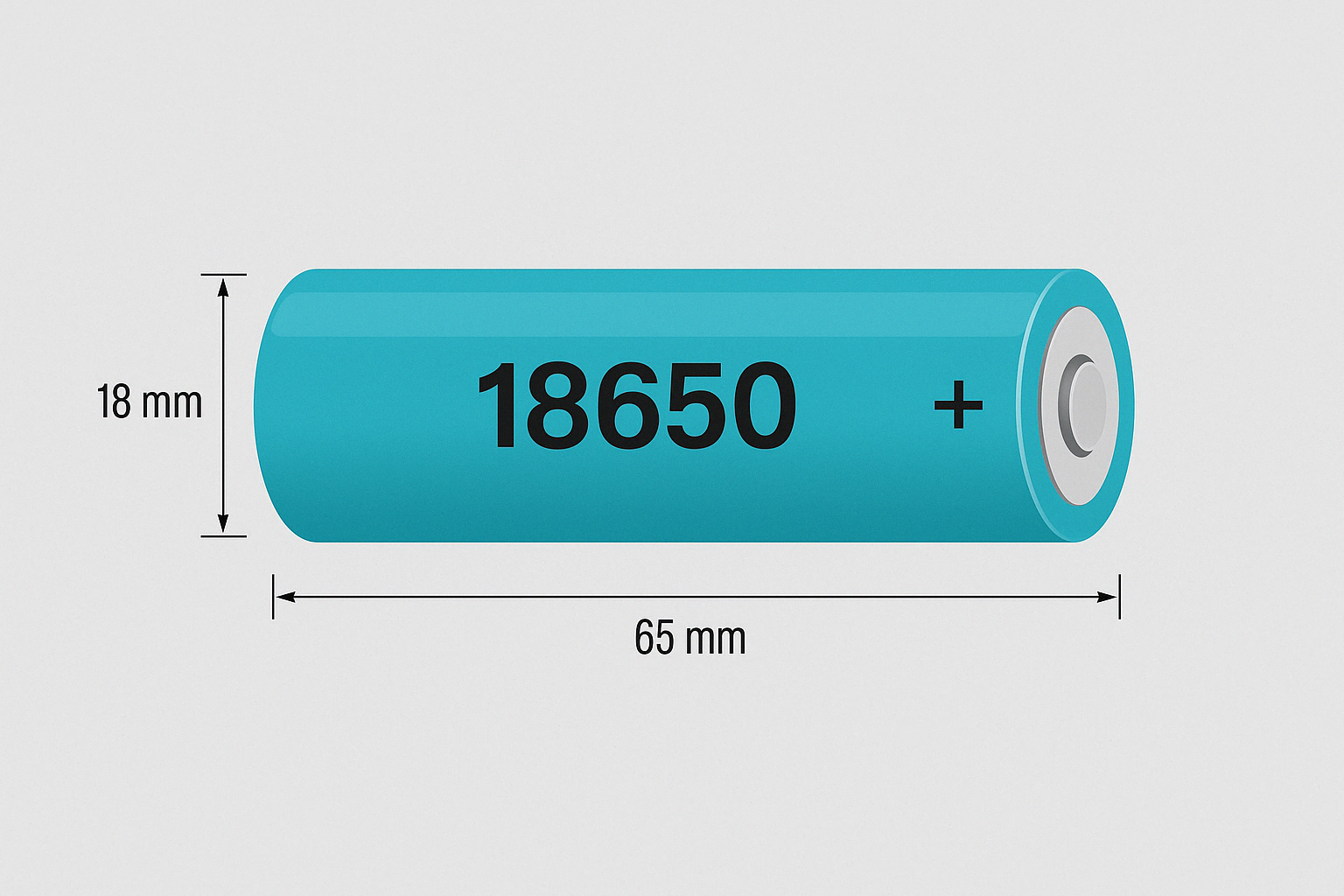
Complete Guide to the 18650 Battery 2900mAh
Introduction: What Is the 18650 Battery 2900mAh? The 18650 battery 2900mAh is one of the most common lithium-ion rechargeable cells used in today’s electronics, tools, and portable devices. The term “18650″ refers to its dimensions: 18mm in diameter and 65mm in length. The ̶...Read more -
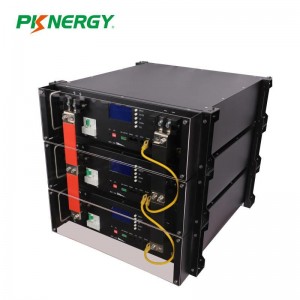
How Long Does a 48V Lithium-Ion Battery Last?
Introduction As demand grows for high-efficiency energy systems in electric vehicles, solar setups, and commercial equipment, the 48V lithium-ion battery has become a go-to solution. But how long does it actually last? Whether you’re an equipment manufacturer, fleet operator, or project en...Read more -
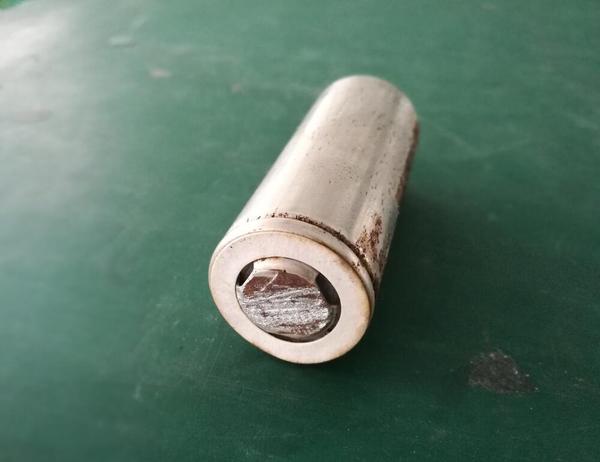
Causes and Solutions for lithium Battery Leakage
In our daily lives, we are always troubled by various failures. Similar to lithium polymer battery bulging, lithium battery leakage can also cause safety hazards. Understanding the causes of battery leakage and how to properly clean batteries can help prevent costly damage and ensure safe operati...Read more -
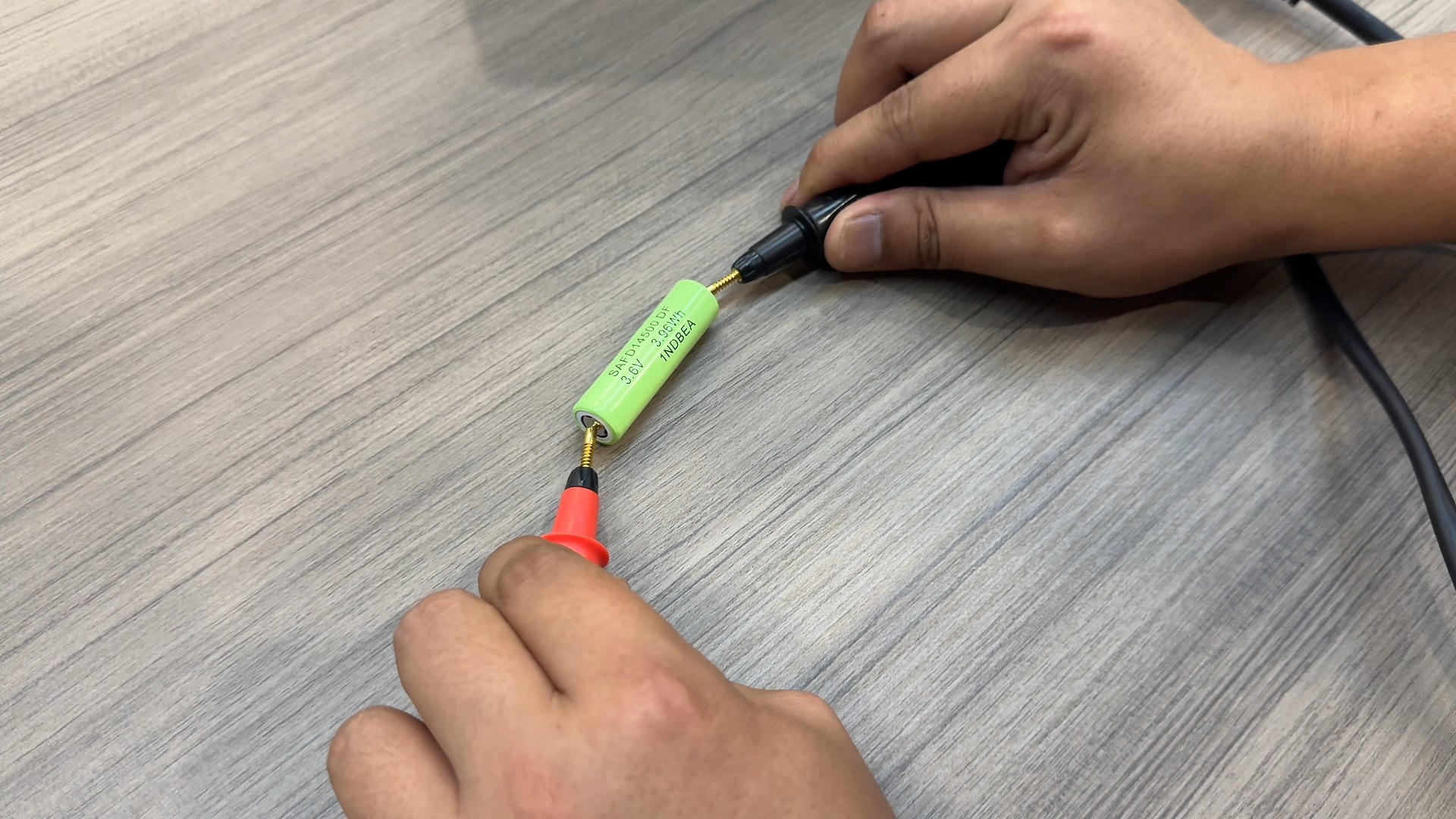
Unveiling Battery Internal Resistance: Bigger or Smaller—Which Is Better?
In today’s rapidly developing technology, batteries have become an indispensable power source in our daily lives. Battery performance directly affects our experience of use, and among the many indicators used to evaluate battery performance, whether it is an 18650 battery or a 21700 lithium...Read more -
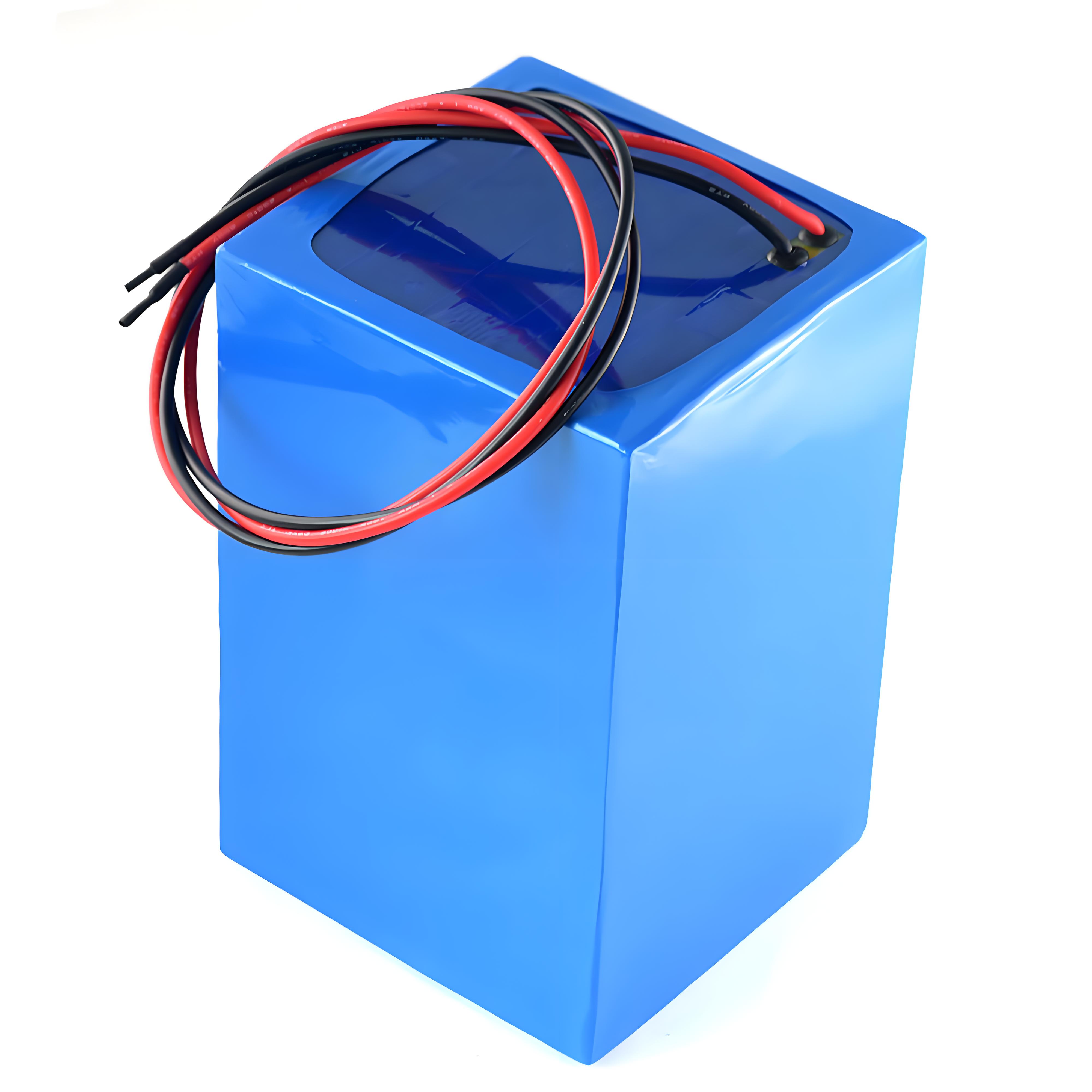
What’s the Difference Between Two-Wire and Three-Wire Lithium Battery Leads?
When working with or DIYing lithium battery packs, you might encounter different battery setups. They could be made with 18650 or 21700 lithium-ion cells, representing varying capacities and voltages. However, some battery packs are more unique, featuring three connection wires. This might...Read more -
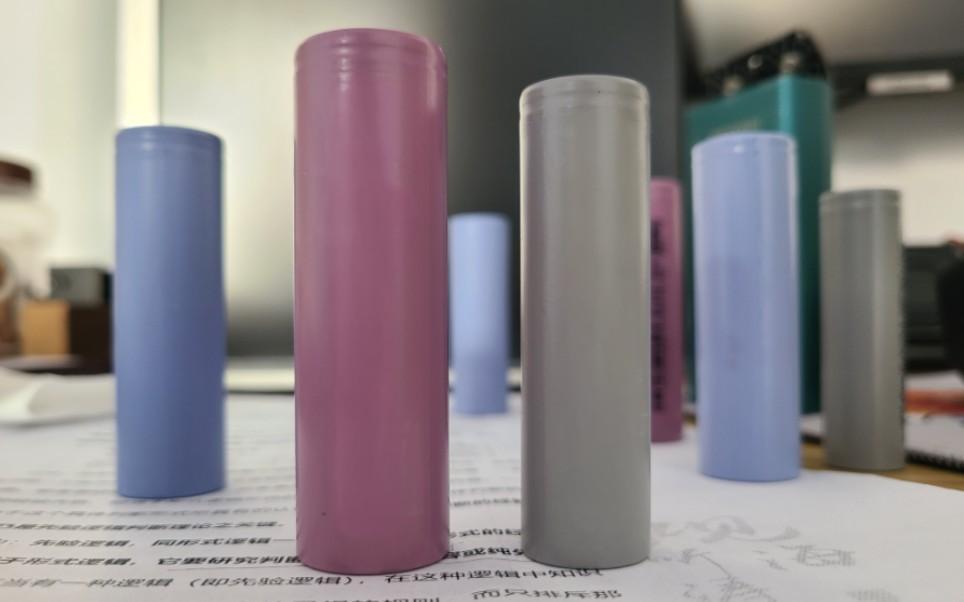
Which Battery Is Best for Outdoor Power Stations?
When selecting a battery for outdoor power stations, it’s essential to understand that the battery is the core factor that determines the unit’s performance. Whether for camping, hiking, or emergency backup power, aspects like battery size, type, lifespan, weight, and charging time can significan...Read more -

How to Choose the Best Battery for an Electric Scooter? 5 Essential Factors to Consider
The battery is one of the core components of an electric scooter, directly affecting range, power output, and overall riding experience. Choosing the right battery not only enhances performance but also extends the scooter’s lifespan. With various battery types available on the market, each diffe...Read more
